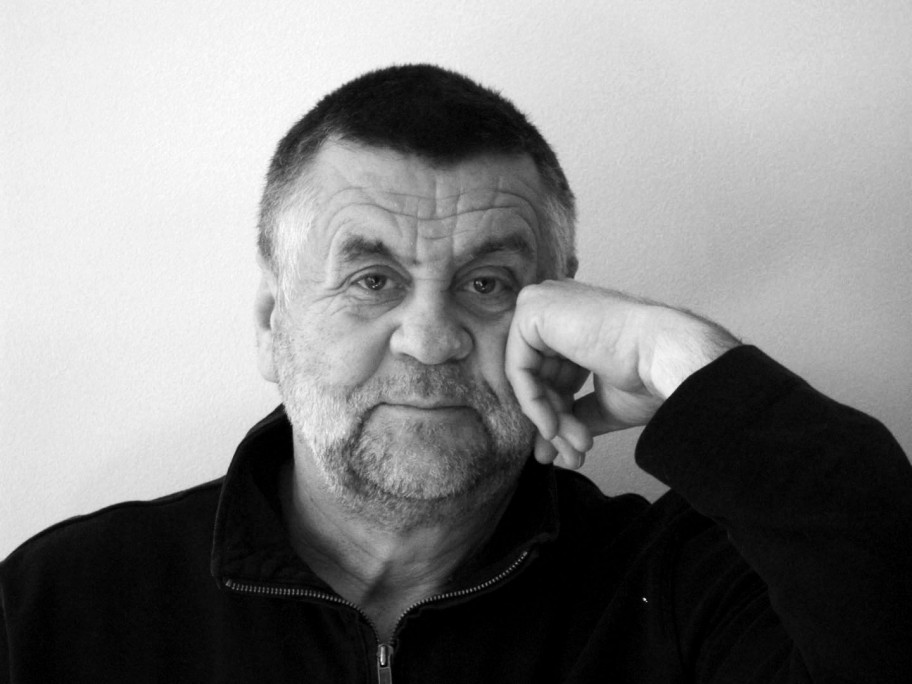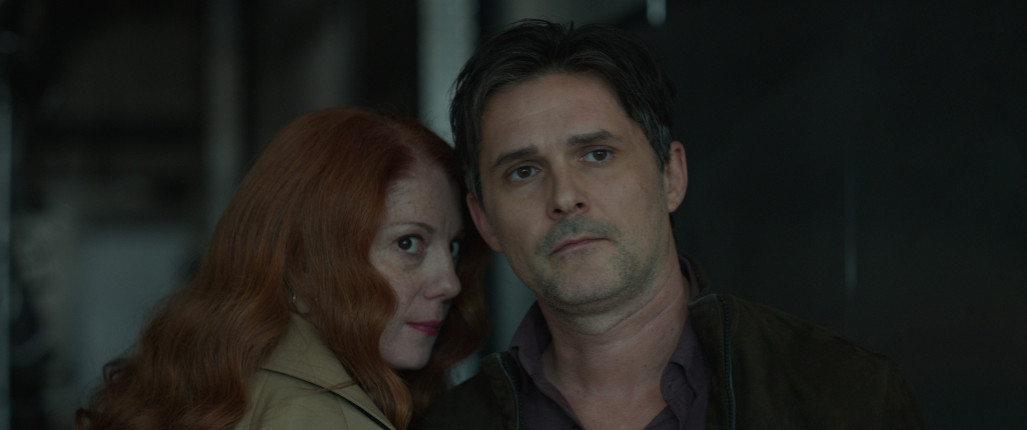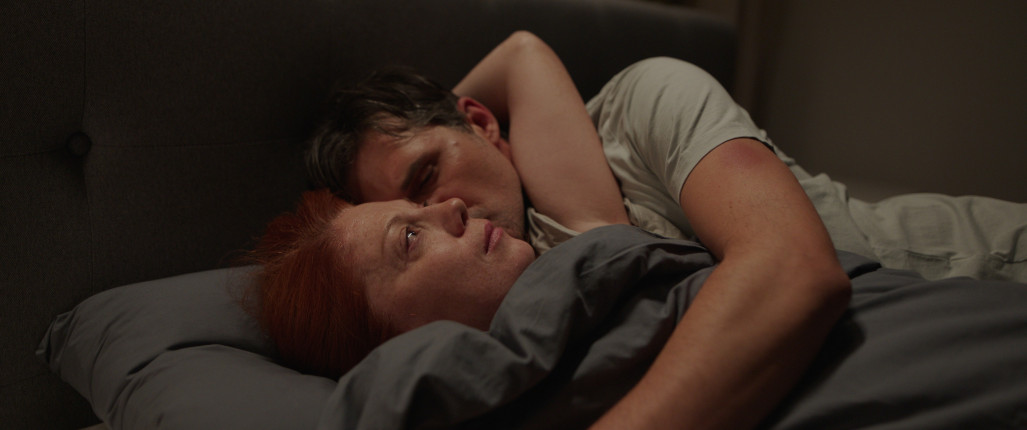“All good stories, both in life and in cinema, come down to two main plot lines: either someone goes on a journey, or a stranger arrives in a city. I would say that I am both – the one who has left and the stranger who has come,” writes Rajko Grlić in his autobiographical book “One More for the Road: Director’s Notes on Exile, Family and Cinema.”
Rajko Grlić was born in 1947 in Zagreb. As a student, he was involved in experimental theatre, and later studied philosophy. In 1967, he enrolled in film directing at the Academy of Performing Arts in Prague FAMU – a dream of many young people from Yugoslavia at the time, including Srdjan Karanović, Goran Paskalović, Goran Marković, Lordan Zafranović and, a little later, Emir Kusturica. While studying at the film faculty, he witnessed and participated in the Prague Spring of 1968.
“Over time, Prague became our shared past,” said Grlić in an interview with CorD magazine. “I went there as a child and returned as a mature man.” Part of his filmography was a focus for censorship by the Yugoslav authorities – the films “All People Are Good in Bad Society” (1969), “Praise” (1971), “Drinking Water and Freedom” (1974), “One Loves Only Once” (1981) were banned from public screening, but at the same time his film “Bravo, Maestro” (1978) was nominated for the “Golden Palm” at Cannes.
In the 1990s, Rajko Grlić taught film directing at the Academy of Dramatic Arts in Zagreb and at the universities of New York and Ohio, where he still works today. He is one of the 56 founders of the European Film Academy. He is the founder and director of the Imaginary Film Academy, Grožnjan, Croatia, and Athens, Ohio, USA, where, in the seven years of its existence, more than two hundred and fifty students from thirty-one countries and about forty professionals in the field of cinema have studied.
His films boldly and honestly reveal the painful truths of the Balkans, capturing the complexity of human relationships in a politically and socially saturated context. Their deep humanistic vision makes Rajko Gurlić an exceptional artist who leaves a lasting mark on European cinema.
The Sofia Municipality Award for his outstanding contribution to cinema will be presented to Rajko Gurlić at the Official Awards Ceremony of the 29th Sofia International Film Festival on March 22, 2025 in Hall 1 of the National Palace of Culture.
In Sofia, the director will present his latest film "It All Ends Here", which combines elements of a crime thriller, film noir, romance and satire and has a strong message regarding corruption in the Croatian socio-political sphere. The film is a tense story of intrigue, in which none of the characters can have a moral advantage. The script was written by Ante Tomic and Rajko Gurlic based on the works of the writer Miroslav Karleja. "It All Ends Here" is a co-production between Croatia, Bulgaria (RFF International), Serbia and Montenegro with the support of the National Film Center Agency. The Bulgarian producer is Stefan Kitanov. The main roles will be played by Zivko Anocic, Boris Isakovic, Jelena Djokic, Emir Hadzhihafizbegovic. The film also features Bulgarian actress Angela Nedyalkova. Field recording and mishung – Momchil Bozhkov. Part of the post-production was carried out at Dolly Media Studio, which is also the national co-producer of the film.
Within the framework of the 29th edition of the Sofia International Film Festival, viewers will also have the opportunity to see a short retrospective, including some of the most significant films by Rajko Gurlić, including “Border Post” (2006), “Only Between Us” (2010) and “The Constitution” (2016).
“When you work to attract the attention of millions of viewers, you have to use a series of elements that make the film as attractive as possible. And it inevitably begins to resemble public places. We are authors of films about small nations and we shoot these films in languages spoken by a small number of people. If we strive to adapt such films for a wide international audience – we lose both ourselves and the film. I try to make my films as local as possible, to immerse myself as deeply as possible in reality, because I think that's the only way they can be understood by someone watching the story in Antarctica," the director shared in an interview with corD magazine.
* * *
We look forward to seeing you at #CINEMA!
#29SofiaIFF





